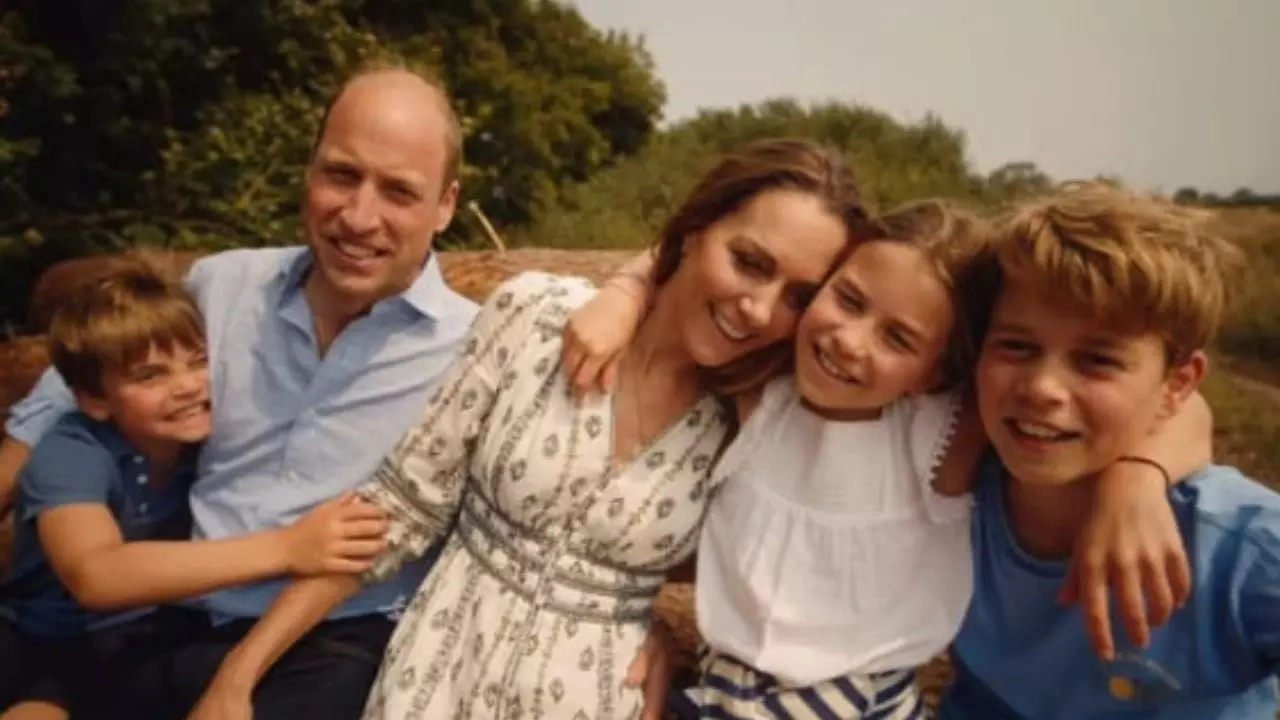Pallavi Mehra • 10 Sep 2024
Kate Middleton Completes Chemotherapy: At What Point Are You Considered Cancer-Free?

Kate Middleton Completes Chemotherapy: At What Point Are You Considered Cancer-Free? (Image Credits: Instagram)
Kate Middleton, the Princess of Wales, has officially announced the completion of her chemotherapy treatment and shared plans to gradually resume public engagements by the end of the year. In a heartfelt message posted on her social media accounts, the 42-year-old royal expressed her relief, stating, "I cannot tell you what a relief it is to have finally completed my chemotherapy treatment. Doing what I can to stay cancer-free is now my focus. Although I have finished chemotherapy, my path to healing and full recovery is long, and I must continue to take each day as it comes."
The mother-of-three has largely stayed out of the public eye throughout the year, following her March announcement that she was undergoing treatment for an undisclosed type of cancer. Despite the challenges, Middleton shared that she is looking forward to returning to work and participating in select public engagements over the coming months.
"As the summer comes to an end, I cannot tell you what a relief it is to have finally completed my chemotherapy treatment," she reiterated in her message. "The last nine months have been incredibly tough for us as a family. Life as you know it can change in an instant, and we have had to find a way to navigate the stormy waters and road unknown."
Kate Middleton made her first public appearance since revealing her health issues in June during the annual military parade celebrating the official birthday of King Charles. Her return to public life is anticipated to be gradual, as she focuses on recovery while managing a light schedule of royal duties.
At What Point Are You Considered Cancer-Free?
The term "cancer-free" is often used to describe patients who have no detectable signs of cancer following treatment. However, medical experts stress that the concept is more complex than it seems.There is no specific point in time when someone is officially declared "cancer-free." Instead, doctors often use terms like "remission" and "no evidence of disease" (NED) to describe the status of a patient post-treatment. Remission means the cancer is responding well to treatment, and its signs and symptoms have reduced or disappeared. NED means that, at the moment, tests cannot detect any cancerous cells, but this doesn’t guarantee that the cancer won’t return.
According to oncologists, being cancer-free usually means that there are no detectable signs of cancer in the body. This status is often referred to as being in "complete remission." However, it's important to note that being in remission does not necessarily mean the cancer is cured.
- Complete Remission: This term is used when doctors are unable to detect any cancer cells through scans or tests. However, remission does not equate to a cure because cancer cells may still exist undetected, which is why regular monitoring is essential.
- Partial Remission: This occurs when the cancer is still present but has significantly reduced in size or activity. In such cases, the patient continues to be monitored closely to prevent the disease from progressing.
- The Five-Year Benchmark: Many oncologists consider the five-year mark a significant milestone. If a patient remains cancer-free five years after treatment, the likelihood of recurrence decreases dramatically. Some cancers, like breast cancer, use this timeframe to assess long-term remission, while others may have different benchmarks.
- Survivorship and Long-Term Monitoring: Even after completing treatment, cancer survivors are often closely monitored with follow-up appointments, scans, and blood tests. For many cancers, the highest risk of recurrence happens within the first two to three years post-treatment. After that, regular check-ups help detect any signs of recurrence early.
- Living with Uncertainty: For many patients, including public figures like Kate Middleton, the journey after treatment involves adapting to a "new normal." Some people may experience side effects from the treatment, while others may deal with anxiety related to cancer returning.
- What Patients Can Do: Once treatment is over, maintaining a healthy lifestyle becomes paramount. For many, this includes following a balanced diet, exercising, managing stress, and attending regular follow-up appointments with their healthcare provider. In Kate Middleton’s case, she noted her commitment to staying cancer-free, which reflects the proactive steps survivors often take to maintain their health.
Get Latest News Live on Times Now along with Breaking News and Top Headlines from Health and around the world.